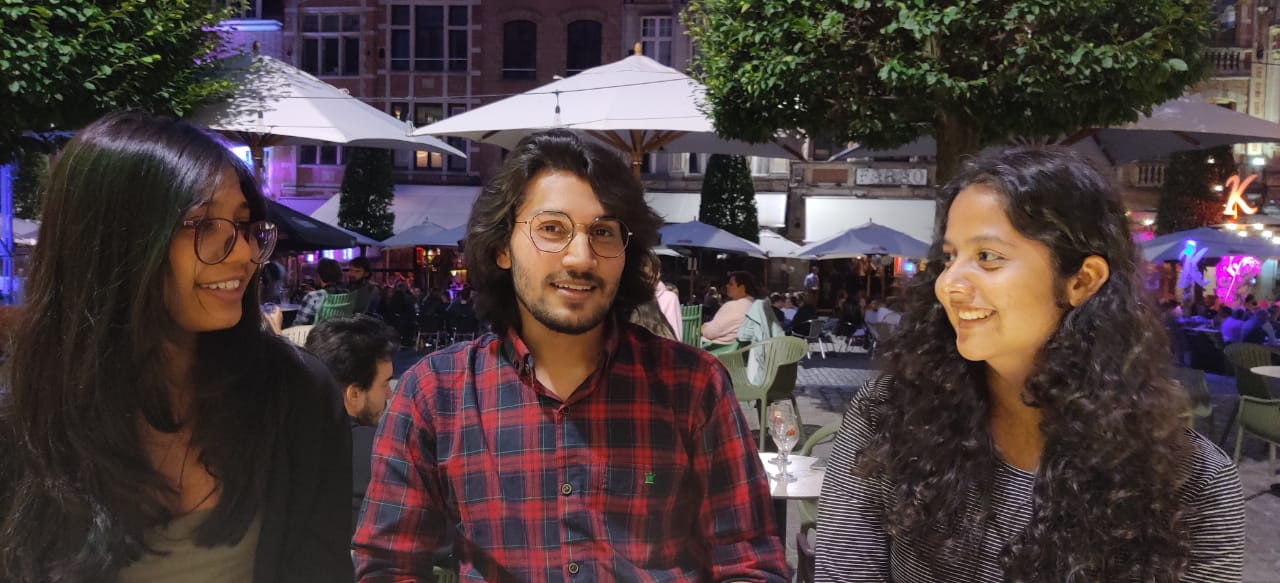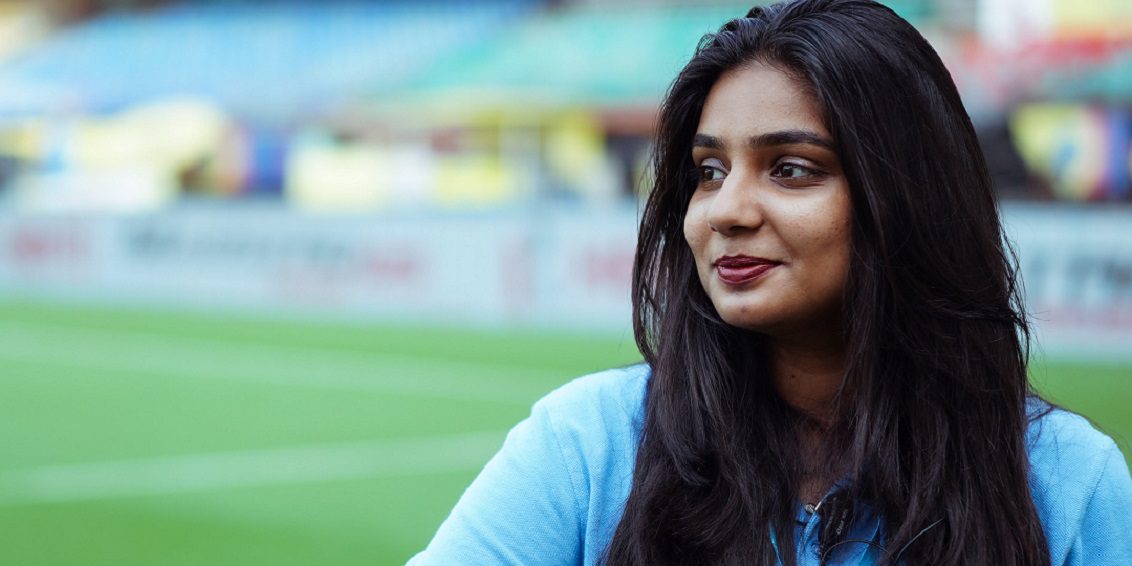In our pursuit of unique tales about the Indian diaspora, GI’s new series documents trailblazing ideas and phenomenons across the globe
(November 24, 2021) Not too long ago, coding was considered the forte of computer geeks only. It was an intimidating concept best left to experts. IT’s top brass Larry Page of Google, Bill Gates of Microsoft and Steve Dorsey of Twitter were themselves coding prodigies before they started ground-breaking tech conglomerates. Coders like Indian Canadian Tanmay Bakshi whose AskTanmay is the world’s first web based NLQA system was built using IBM Watson’s cognitive capabilities. The 19-year-old Indian-origin Harsh Dalal in Singapore started Team Labs that is valued at $25 million. Today children in India as young as five and ten are creating waves. US-based Samaira Mehta, 12, is behind CoderBunnyz which makes coding fun for kids. It was only apt that coding clubs sprang across India to create a new generation of innovators of the future.
Technology everywhere
“Technology has and will continue to expand rapidly, claiming spaces in almost every professional industry,” says Krish Samtani, founder of 0Gravity, a free coding club for school children in India, who adds, “Coding seem slightly intimidating at first, but it offers children the chance to apply their knowledge in a real-world context.”
As technology takes over every aspect of life and industry, coding is now an essential life skill. Employers are willing to pay a premium for coders. Manan Sharma, founder, Tokens.com, agrees. Sharma has been employing coders to spur his business that spans 20 years (Indiamart, IGP and now Tokens). “Earlier, we would hire coders to create the entire coding done for our sites, but now with pre-coded sites like Shopify available, there are templates to work with. Yet, the need for coders persists as businesses look to customise sites,” he tells Global Indian, adding, “As sites get bigger, automated software can only do so much.”
Tykes can code
As increased businesses rely on technology to drive operations, it is essential to understand what goes into the making of codes and applications to run successful businesses. Which is where coding clubs like Indian Girls Code, Code Club, and 0Gravity deliver. They encourage kids to understand the seemingly complex world of coding and technology from an early age, bust fear and encourage them to create and innovate.

Aditi Prasad of Indian Girls Code
Founded by Aditi Prasad and her sister Deepti in 2013, Indian Girls Code takes coding to schools to encourage girls to create technology. Through programmes, they encourage girls across Chennai schools – private and government – to use technology to solve real world problems. Aditi and Deepti believe in using a hands-on approach to teach children the nuances of coding – even using drag and drop to create fun projects using coding language. In 2015, the team launched Phiro Robots which are now used by educators, globally. The robots use Lego compatible toys that can be coded using Scratch to create anything – programming a robot to sing a birthday song to performing specific functions.
Coding to innovate
Ed-tech startups like WhiteHat Jr offer classes on coding, and Karan Bajaj, CEO wants to convert them from passive consumers of technology to builders and creators of the future. A notion that Madhukar Varshney, founder, CEO, NimbleQ wholeheartedly supports. The biomedical engineer who lived in the US for 20 years chose to return to India to found NimbleQ to help students apply the knowledge acquired. “Sure, coding is an essential skill, but it is not enough. One should know how to apply this skill to solve real-world problems. We have a lot of well-qualified professionals who 20 to 30 years down the line are directors and VPs. But why not founders? Why not innovators?” he questions, adding, “It’s because our education system does not encourage one to think like a creator. At NimbleQ, we encourage our students on using coding to problem solve. We teach them to understand business, entrepreneurship, and money.” Varshney hopes this will encourage creators of technology.
Krish, who launched 0Gravity at the age of 14 in Bengaluru is now a second-year student at UC Berkeley, California. His tryst with coding began at a summer camp at John’s Hopkins University. “I was very inspired by the applied education, and that made me want to attend a similar class back home (India). However, I was unable to find any, which led me to start the club to teach children applied computer science,” he says, adding, “So far, we have educated 1,500 plus children across India. The latest batch of 0Gravity was comprised of the children of abandoned sex workers.”


Krish Samtani during one of the 0Gravity sessions
The club teaches children from the ages of 10-18 in courses that typically last three months with classes on Saturday. During the pandemic, they switched to online and now Krish wants, “to inspire a spark in children to chase their dreams.”
Manan Sharma avers that one of the main advantages of learning to code early is the fact that it takes away the fear of intimidation. “My nephew is studying coding and I know that he is no longer intimidated. He knows the application of code and that will hold him in good stead,” he says, concluding, “The opportunities are limitless. Coding can be used across industries and sectors. You never know what innovations these children will produce.
Why code?
- According to The Future of Jobs Report by the World Economic Forum, it is predicted that 65 percent of children entering primary school today ultimately work completely new jobs that do not even exist yet.
- According to the Annual Employability report by Aspiring Minds, 80 percent Indian engineers are not fit for any job in the knowledge economy and only 2.5 percent possess tech skills in Artificial Intelligence (AI).
- In India, only one in 10 kids learn to code when compared to one in three abroad.
- Over two-thirds developers are partly self-taught, HackerRank data shows.



